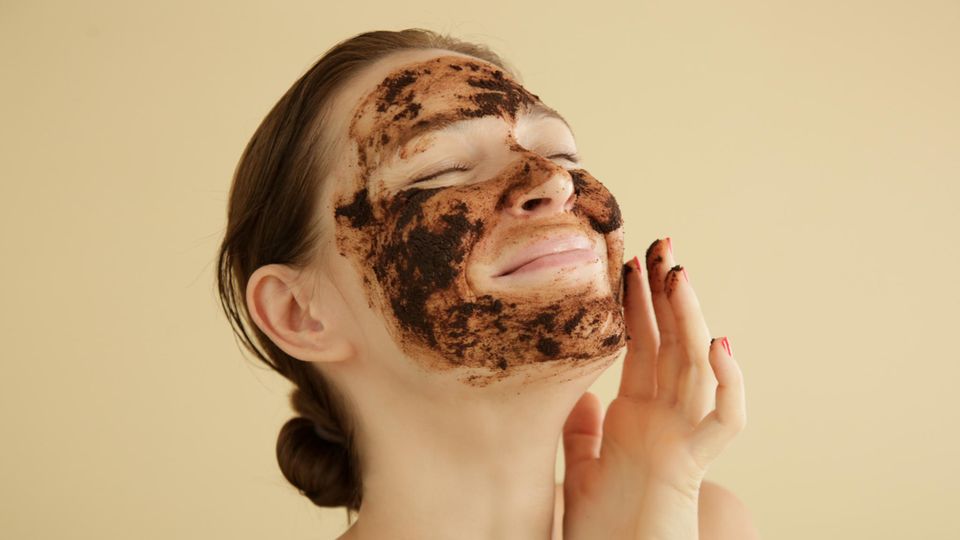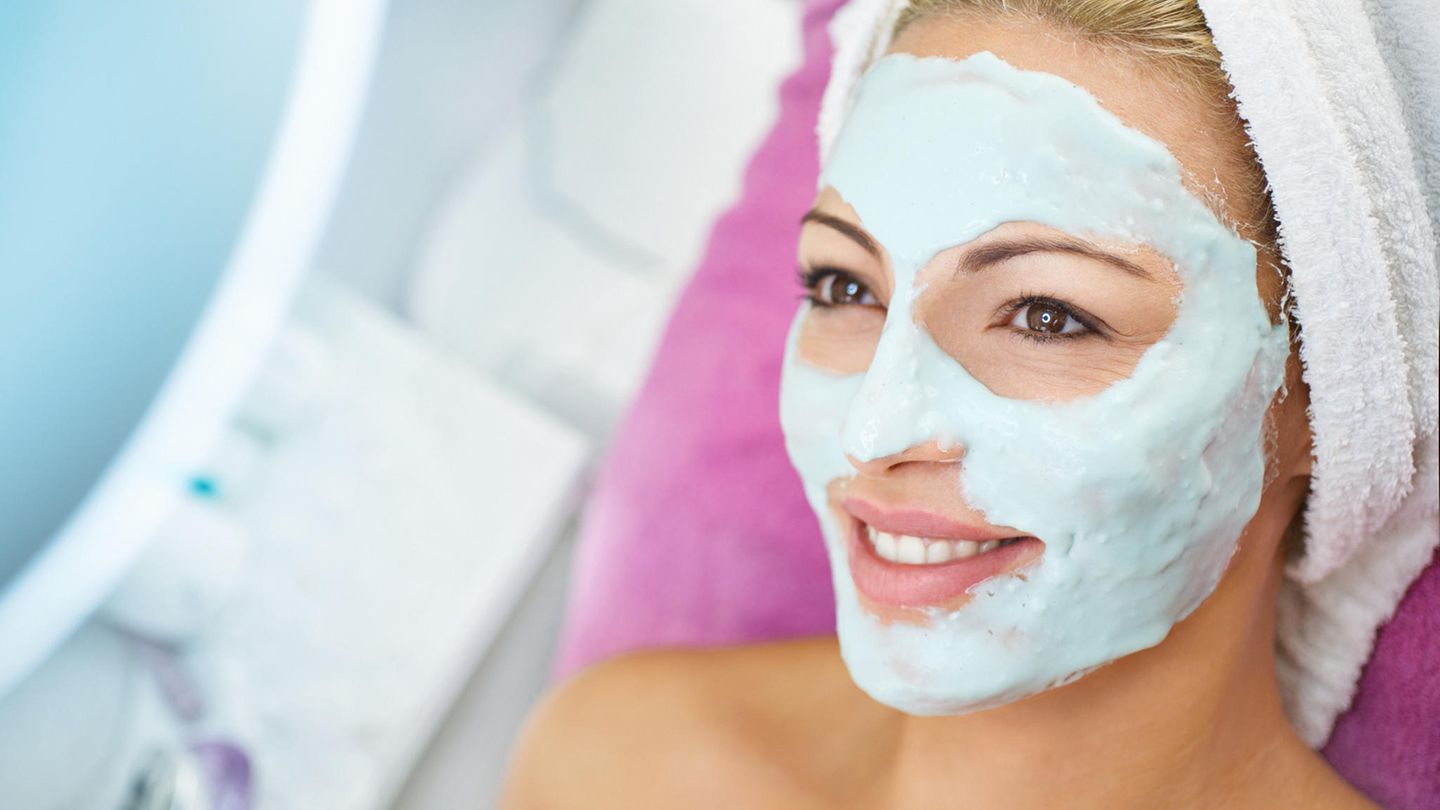The primary purpose of a peeling is to remove dead skin cells. Even if the application is very simple, various factors such as the right time and the individual skin type play an important role.
Basically, a facial peeling is suitable for everyone, but the frequency of use should depend on the skin type: By removing the top layer, the natural protective film of the skin is weakened, so that bacteria have easy play. It is all the more important that you do not use face or body scrubs too often. And the right time is also crucial, so that your skin can relax from the stresses and strains. When and how to properly use an exfoliator is explained in this article.
Frequency and timing: This applies to your skin type
In contrast to ordinary skin care products that you normally use to cleanse your skin on a daily basis, a should be used sparingly. Depending on your skin type, the following recommendations apply:
|
Skin type |
frequency |
|
Normal skin: |
like 1-2 times a week |
|
Blemished skin: |
max. 2 x per week |
|
Dry skin: |
only once a week |
|
Sensitive skin: |
better 1-2 times a month |
Mechanical rubbing of the skin removes part of the horny layer. This in turn makes your face more sensitive to light for a short period of time. For this reason, regardless of your skin type, it is advisable to use one always to be used in the evening instead of in the morning. Then your skin can regenerate overnight.
Improved complexion: This is how a facial peeling works
The natural sebum production of the skin, but also cosmetic products such as face creams and make-up, clog our pores, so that impurities such as pimples and blackheads are promoted. If you have particularly oily skin or are already prone to blemishes, scrubs are a good way to to remove. The bottom line is that facial peelings:
- cleanse the skin pore-deep
- Prevent skin blemishes
- promote blood circulation
- improve the complexion
How to properly apply a facial scrub
Since the skin on the face is particularly sensitive, you should only use peelings that are suitable for this. Body scrubs usually contain much coarser and larger particles to remove blemishes on the back. Depending on whether you have dry, oily or sensitive skin, you should consider buying one pay attention to which skin type the product is recommended for – because there are fine and coarse peelings (for example ). To use it, proceed as follows:
-
Wash your face thoroughly, preferably with your normal cleansing cream or lotion.
-
Apply the facial scrub to the forehead, nose, cheeks and chin in small amounts.
-
Distribute the fine particles from forehead to temple using circular movements.
-
Use your fingertips to gently rub the particles from the bridge of your nose towards the tip of your nose.
-
You can intensify the circular movements at the edges of the nose.
-
On the cheeks, the facial scrub should be gently rubbed over the skin.
-
Gently brush the particles from your cheeks towards your jawbone and chin.
-
Depending on your needs, you can spread the peeling from the chin over the neck to the cleavage.
-
Carefully wash the particles off with warm water and then apply cream to your face.

Make a face peeling yourself: this is how it works
If you want to make your own facial peeling, you only need two basic ingredients: a creamy base that can be easily spread on the skin, and natural peeling particles that ensure the necessary abrasion of the top layer. The following ingredients are the main components:
-
olive oil
-
honey
-
Quark
-
Avocado
-
Coconut oil
On the other hand, ingredients such as sugar or sea salt, coffee powder or other ingredients provide the necessary peeling . The quantities should be in a ratio of 1: 1, but can vary depending on the consistency and personal taste. In any case, it is important that you stir the ingredients together until a homogeneous mass is formed. Then you can use the homemade facial scrub on the skin as described above.
There is more information here.




